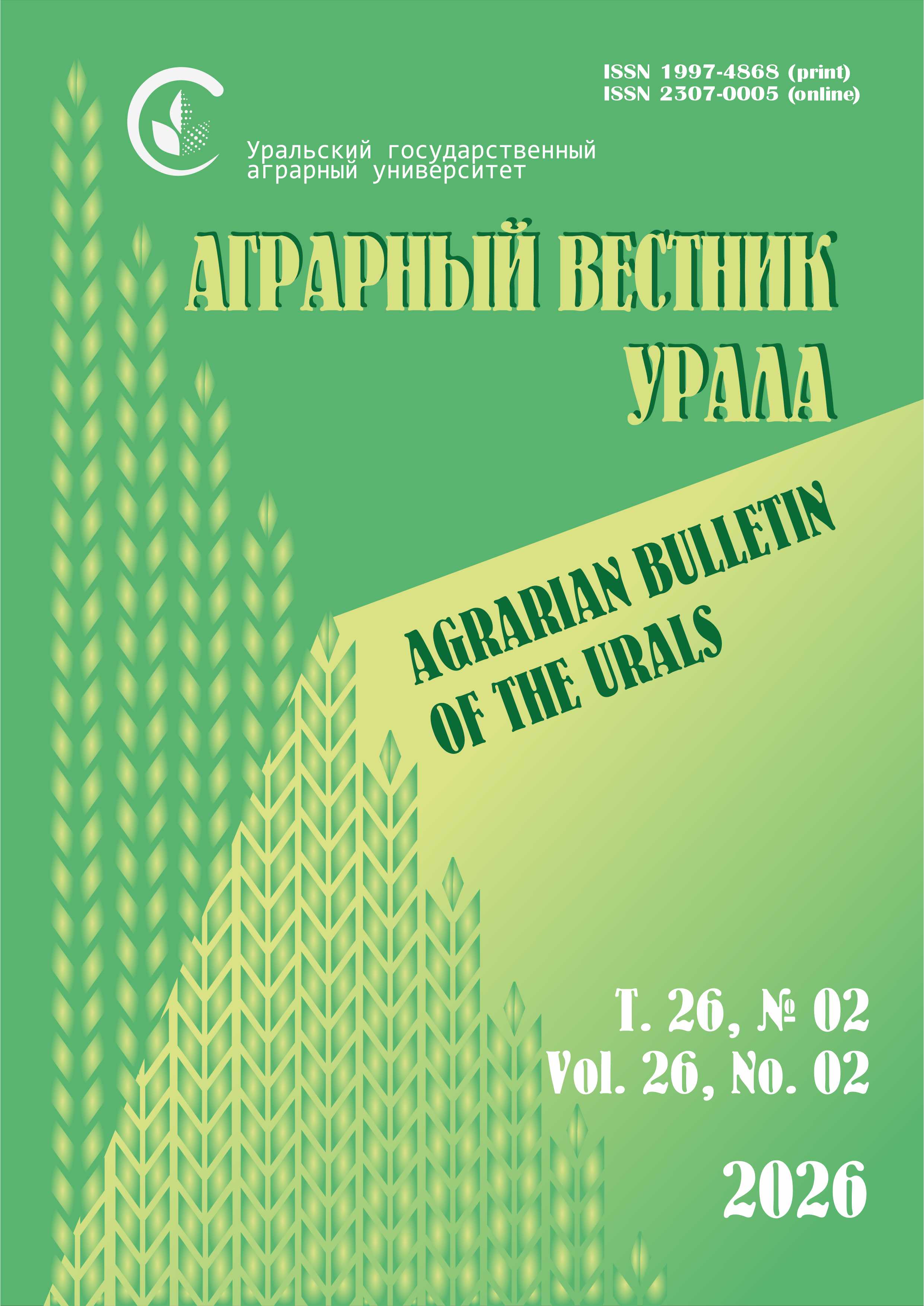Аuthor: V. P. MOTREVICH, doctor of historical sciences, professor, head of department,
Ural State Agricultural University (42 K. Libknehta Str., 620075, Ekaterinburg; tel: +7 (912) 283-04-14; e-mail: This email address is being protected from spambots. You need JavaScript enabled to view it.)
Abstract: On the basis of archival materials of the State archive of the Russian Federation examines the trends and results of cultural work in the Ural state farms. Contains data about the reduction of the network of cultural institutions in them during the great Patriotic war, it is shown that in wartime, most of them have not been repaired and dilapidated, many were used inappropriately. Everywhere in cultural institutions post offices, primary schools, kindergartens, nurseries. Provides evidence that the existing rural cultural institutions were not equipped with furniture, except for a makeshift stalls, there were no musical instruments, Board games, space often has not been cleaned and was not heated. In disrepair and was sports-mass work. Characterized the state of cultural work in the farms during the great Patriotic war, the conclusion is that all of it was just to dance and card game. Article shows the gradual expansion of the network of cultural institutions in rural areas and strengthening its material base in the early postwar years. In state farms are more likely to read lectures, talk, show movie films. As a result, the coverage of the villager’s mass cultural work has increased. To conduct a mass agitation work everywhere created a propaganda team. In some farms is well established lecture propaganda. After the war the trade Union organization, much attention has been paid to the creation of libraries. State farm has expanded the network of cinemas and radio. One of the areas of cultural-educational work in the postwar years was the completion of the eradication of illiteracy in rural areas; as a result, the number of illiterates quickly began to decline. In many farms began to develop physical education and sport: purchased sports equipment, created the football and volleyball teams, carried out mass sports activities. Provides examples of the best farms in which cultural mass work was on quite a high level. The conclusion is that although in the early postwar years, cultural mass work in the Soviet farms increased significantly, however, significantly lagged behind the needs of rural residents.
Keywords: state farms, the Urals, the Great Patriotic War, the postwar years, libraries, newspapers, film projectors, clubs, culture, rural trade union, sports and mass work, lectures.












